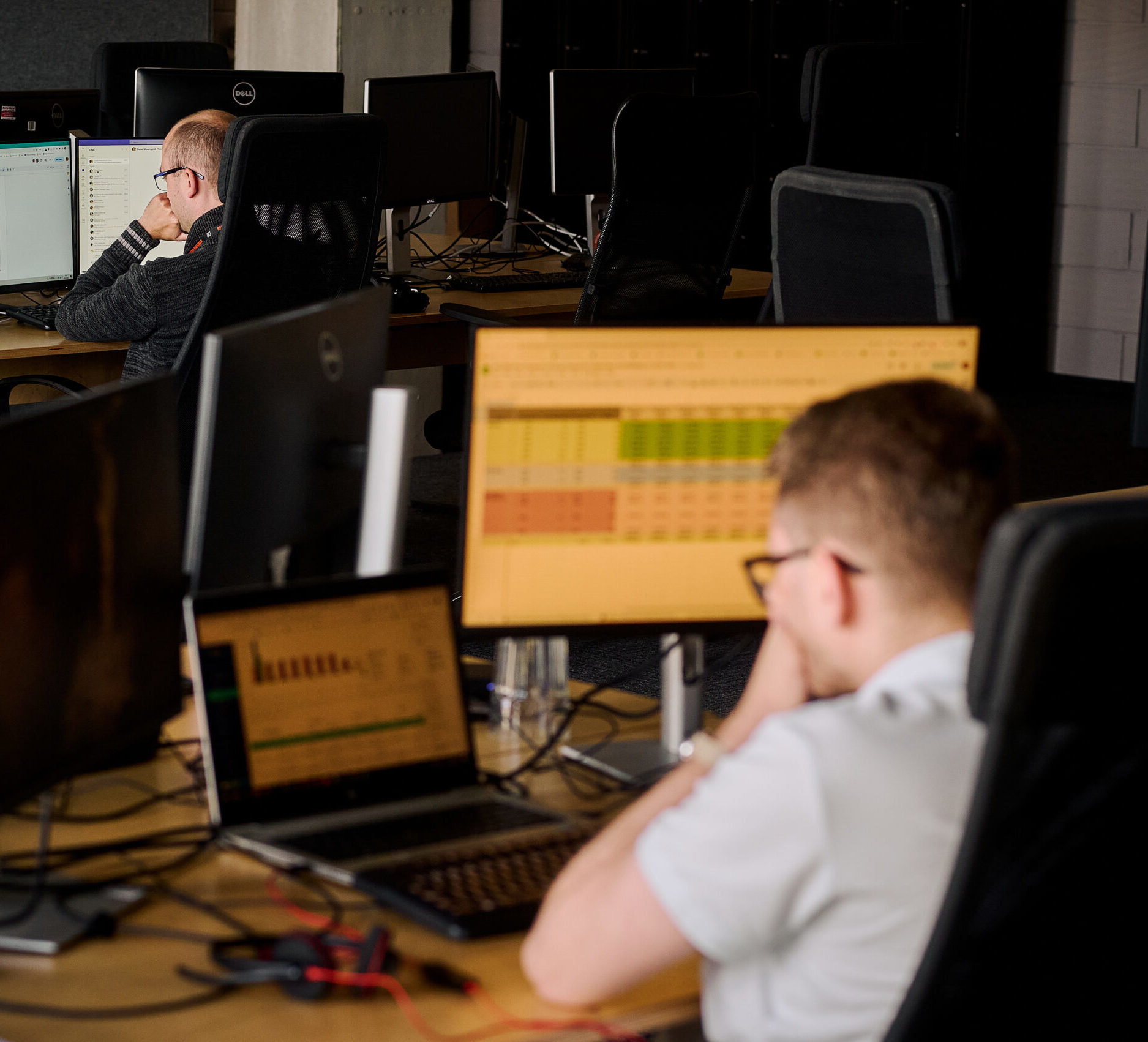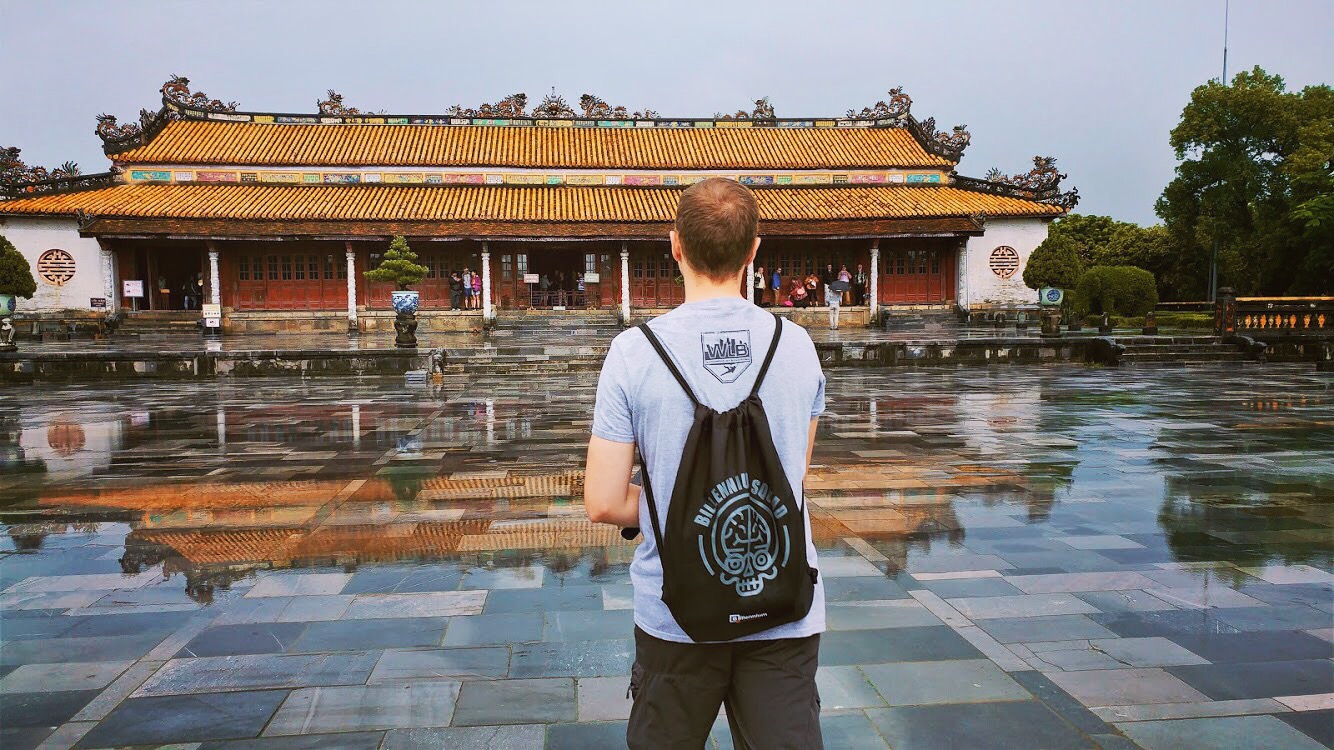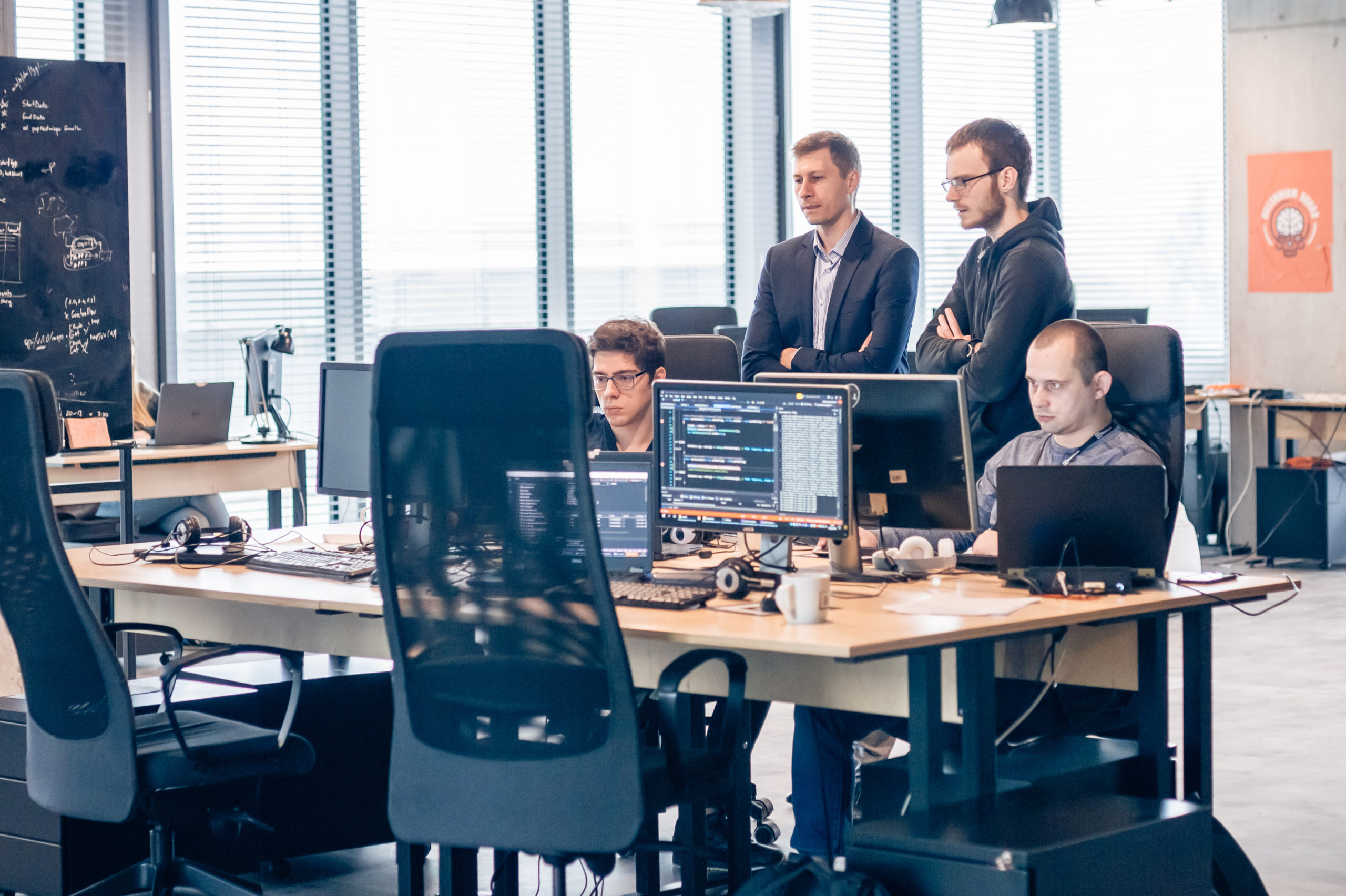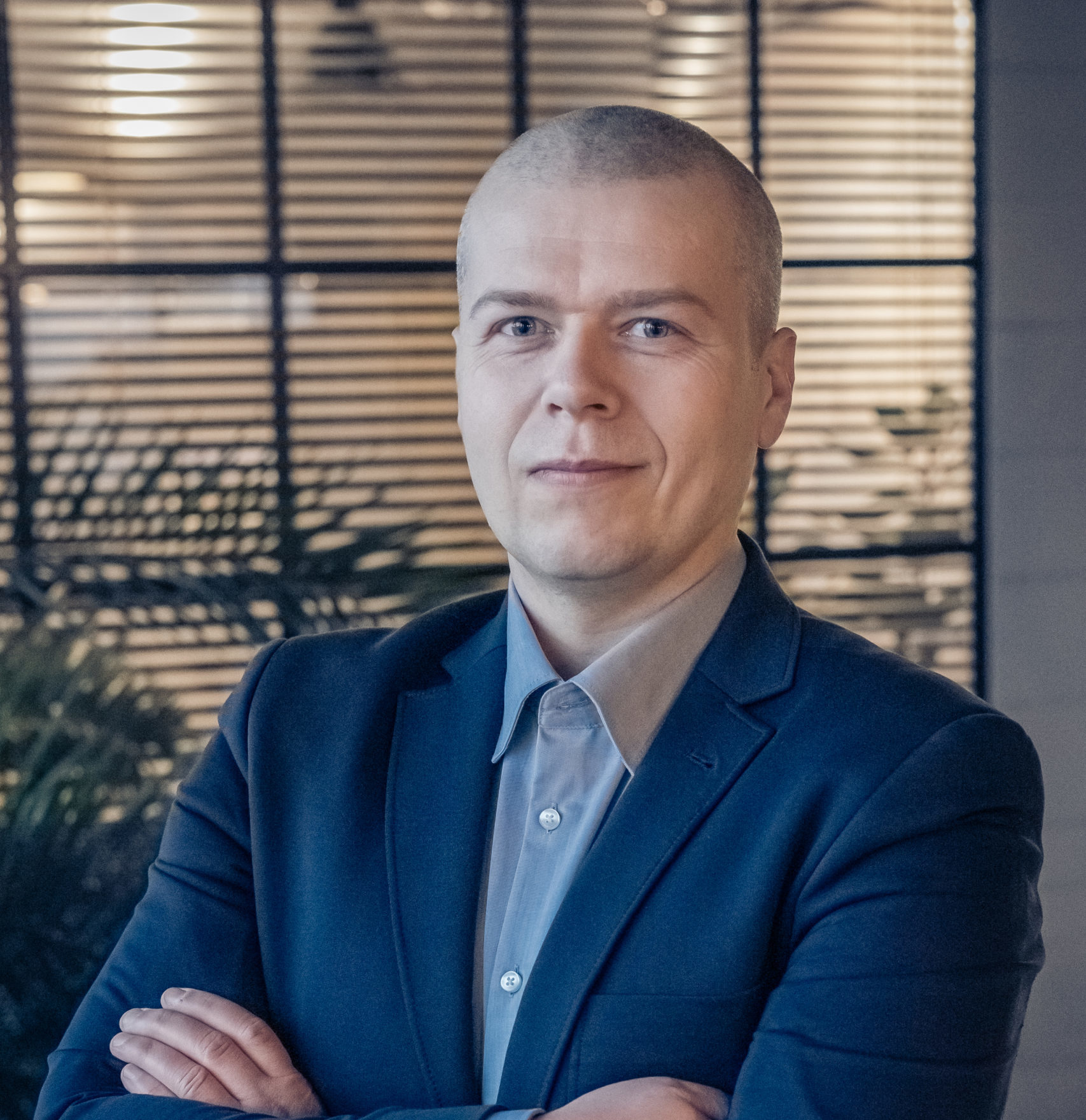Information technology is present in almost every area of our lives. Billennium, which for years has been implementing projects for the pharmaceutical sector, established Billennium Healthcare. Based on the experience and extensive technical competence, it is working on the application of artificial intelligence and machine learning in diagnosing cancer. The project, carried out in cooperation with researchers from Marie Curie-Skłodowska University and the Medical University of Lublin, brings very promising results!
The goal of Billennium Healthcare is to create and commercialise IT systems from the areas of AI, machine learning, 3D modelling, blockchain and system integrations used in diagnos-tics, therapeutics, drug development and bioinformatics.
The company’s first ongoing project concerns the use of artificial intelligence in magnetic resonance (MR) imaging in brain tumours. From the very beginning of its existence, Billennium Healthcare has worked closely with specialists in radiology, neurooncology, with universities, clinical and oncology hospi-tals, it is also a member of the Lublin Medicine Cluster.
The future in AI
Artificial intelligence is used in more and more new areas, and the potential of this techno-logy is almost unlimited. Thanks to the non-deterministic method of diagnosing e.g. brain tumours, developed by Billennium Healthcare, doctors and patients will be supported by the diagnosis, prepared by artificial intelligence in real time, based on the experience of thou-sands of specialists from all over the world.
Unquestionably, this is a breakthrough solution, which will significantly facilitate the work of doctors, primarily radiologists, but also all those involved in the diagnostic and therapeutic process. By obtaining an accurate analysis of the tumour, doctors will receive reproducible data enabling effective monitoring of treatment, but the most important beneficiary will be the patient struggling with cancer.
First results are very promising but this is just the beginning
The possibilities of precise imaging diagnostics, including structural assessment, are largely decisive for the early diagnosis and treatment of brain tumours. Imaging examinations such as computed tomography (CT) and, above all, magnetic resonance (MR) are fundamental tools in the diagnosis and treatment monitoring of this type of cancer.
These examinations are currently the reference methods in neurooncological diagnostics, with MRI playing an important role in the diagnosis and differential imaging diagnosis of brain tumours. MR is a method with higher sensitivity and tissue resolution than CT, which allows a more precise characterisation of the examined structure and a more detailed assessment of pathological changes.
In addition, this method, as opposed to CT, does not use ionizing radiation (X-rays), which is important when performing follow-up examinations while monitoring the effects of treatment. Laboratory research conducted by Billennium Healthcare on the use of artificial intelligence mechanisms in the analysis of magnetic resonance images, allowed to confirm the main concept of the system enabling segmentation of brain tumours in MR images and their classification on a two-level scale of aggressiveness.
The outcomes obtained were compared to leading solutions (state-of-the-art) in the MICCAI BraTS 2019 competition, achieving the result to be included in the top three. The developed solutions will form the basis for a comprehensive system supporting the diagnosis of brain tumours.
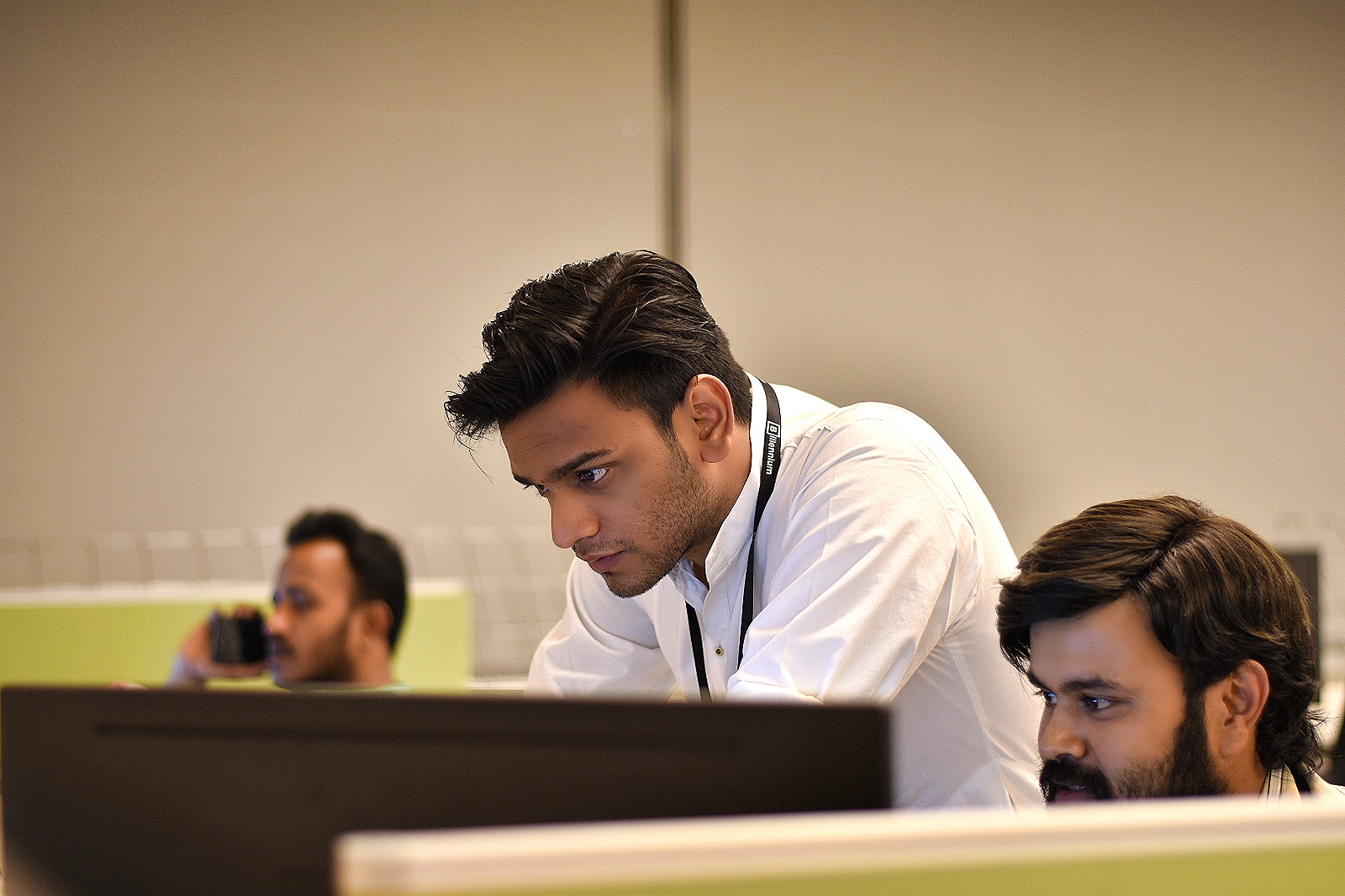
Prevention of breast cancer
Supporting medicine in diagnosing brain tumours is not the only project implemented by Billennium Healthcare. In recent years, we have observed a large increase in the awareness of breast cancer prevention, so the company, in collaboration with doctors, begins work on developing a new method to support diagnosis in this area.
The main idea of the project is to use artificial intelligence (AI) and machine learning (ML) technologies in the recognition of pathological changes in screening tests. The system’s task is to analyse mammographic images by comparing them with previous examinations and, if a new lesion is detected, to make a diagnosis similar to the result of a histopathological examination. This helps to avoid invasive and painful medical procedures (e.g. biopsies).
As a result, this will also allow for significant simplification and shortening of the diagnostic process, and consequently for earlier implementation/application of treatment.
Software as a Medical Device
The market for software used as medical devices (so-called Software as a Medical Device – SaMD) is becoming increasingly popular. Intensive work is currently underway by both market regulators (the US FDA or the European EMA) and a number of medical organisations, foundations and patient organisations to regulate the legal aspects of using AI in medicine.
The digital revolution is taking place in many areas of life and is just now entering medicine and life sciences. Thanks to this project, Billennium Healthcare, supported by Billennium S.A. and equity investors, has a chance to be among the world’s leading companies implementing innovative AI and Machine Learning solutions in medicine and life sciences.
However, the most important thing is that each created solution, based on which therapeutic decisions will be made, must always have in mind the good of patients and doctors!



